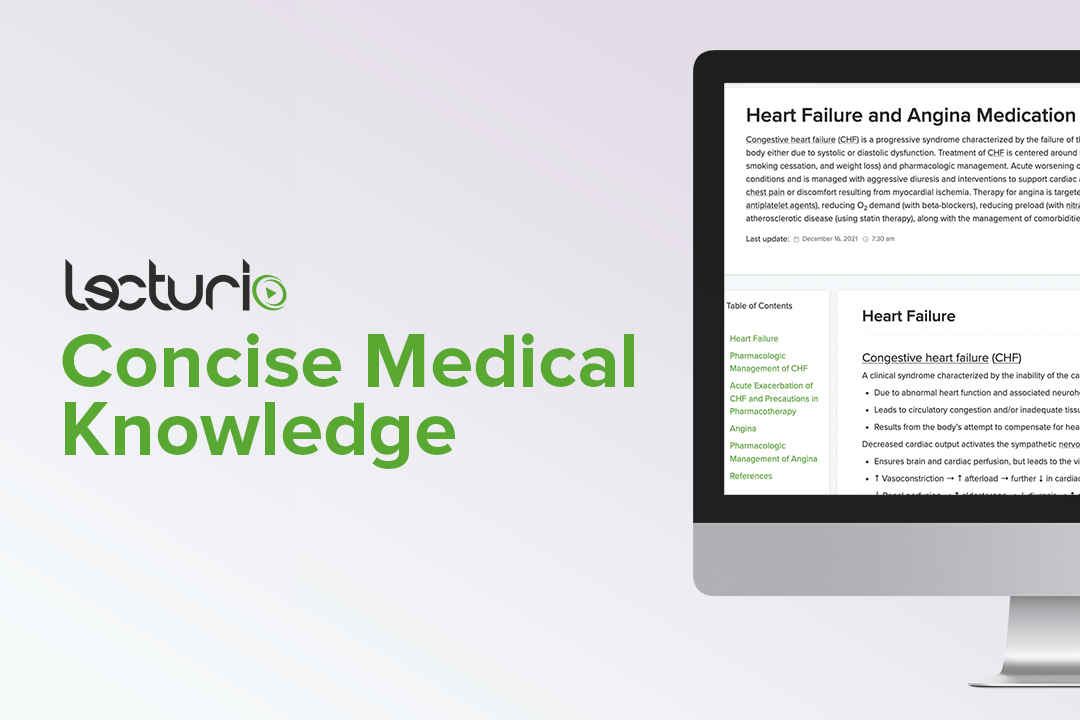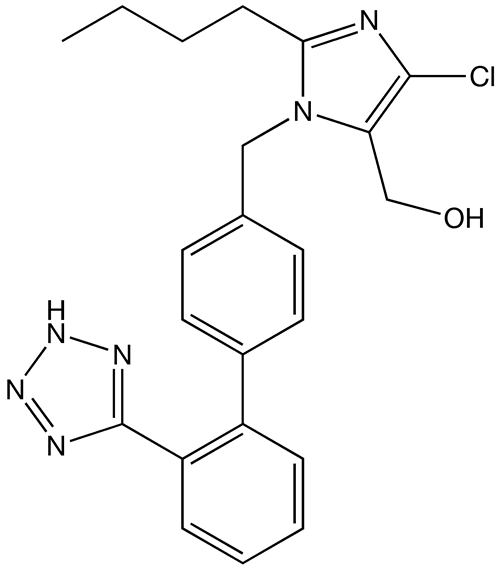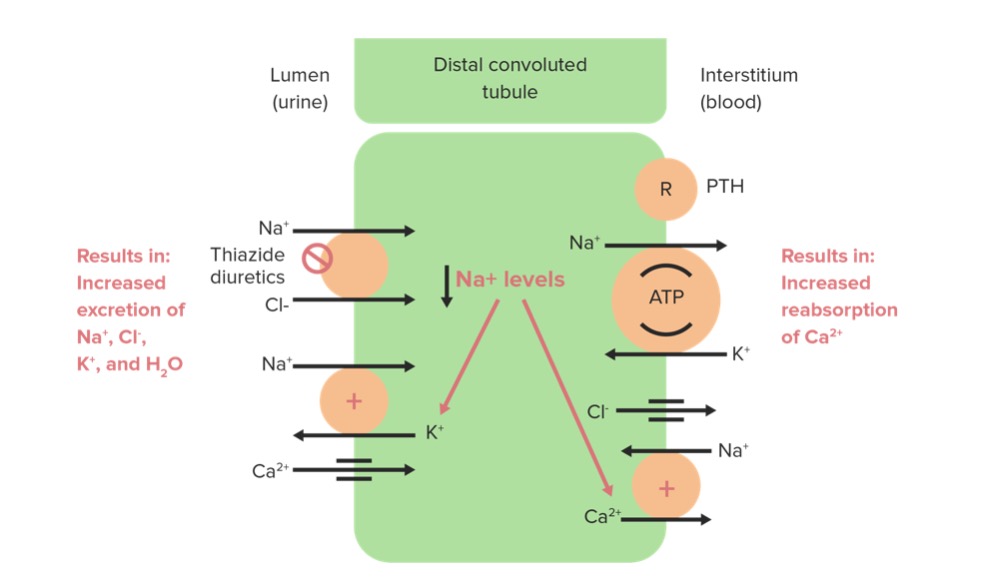Playlist
Show Playlist
Hide Playlist
Renin-Angiotensin Agents and Beta Blockers – Heart Failure and Angina Management
-
Slides Renin-Angiotensin Agents Beta Blockers Heart Failure Angina Management.pdf
-
Reference List Pharmacology.pdf
-
Download Lecture Overview
00:01 The renin-angiotensin agents are very important in both chronic heart failure and in acute management of high blood pressure. 00:09 We know that these agents reduce morbidity and mortality in heart failure. 00:15 They reduce aldosterone secretion and water retention and they also reduce total peripheral resistance or vascular resistance through its antihypertensive effects. 00:24 I've listed here all of the ACE inhibitors, and here are all of the ARBs. 00:30 Now the angiotensin receptor blockers have been in studies shown to be non-inferior to ACE inhibitors. 00:38 You'll generally find on the wards that cardiologist favor ACE inhibitors and the ARBs are favored by everyone else. 00:45 I don't think there's really a right answer in ACE versus ARB. 00:49 The direct renin inhibitors such as aliskiren, are rarely used in the management of hypertension and are not currently recommended in the treatment of heart failure. 01:00 Let's move on to the beta blockers. 01:02 Remember that in heart failure we only use beta blockers once the patient has been stabilized. 01:09 Beta-blockers may actually be harmful in acute heart failure because it may suppress cardiac function. 01:16 Beta blockers work by two major ways. 01:19 First of all, they reduce heart rate and increase the stroke volume. 01:23 That's because when you reduce heart rate, the heart has more time to fill and as it has more time to fill, each stroke will become more efficient and powerful. 01:33 It also reduces overall mortality and progression of chronic heart failure. 01:38 Carvedilol is the favorite beta blocker in heart failure. 01:42 Major studies have shown reduction of morbidity and mortality. 01:46 Carvedilol has all alpha, beta, and beta-2 effects, so it's a very effective agent and it's very well-tolerated in heart failure. 01:56 Evidence-based medicine has shown us that when treating heart failure with reduced ejection fraction, we should use one of three beta blockers that have been shown to reduce mortality - bisoprolol, carvedilol and sustained release metoprolol.
About the Lecture
The lecture Renin-Angiotensin Agents and Beta Blockers – Heart Failure and Angina Management by Pravin Shukle, MD is from the course Cardiovascular Pharmacology. It contains the following chapters:
- Renin-angiotensin Agents
- β1-Blockers
Included Quiz Questions
What is the mechanism of action of carvedilol?
- It is an alpha-1, beta-1, and beta-2 receptor blocker.
- It is an alpha-1, beta-1, and beta-2 receptor blocker and a calcium channel blocker.
- It is an alpha-1 and beta-1 receptor blocker.
- It is a stimulator of alpha-1, beta-1, and beta-2 receptors.
- It is a stimulator of beta-1 and beta-2 adrenergic receptors.
Customer reviews
5,0 of 5 stars
| 5 Stars |
|
5 |
| 4 Stars |
|
0 |
| 3 Stars |
|
0 |
| 2 Stars |
|
0 |
| 1 Star |
|
0 |






